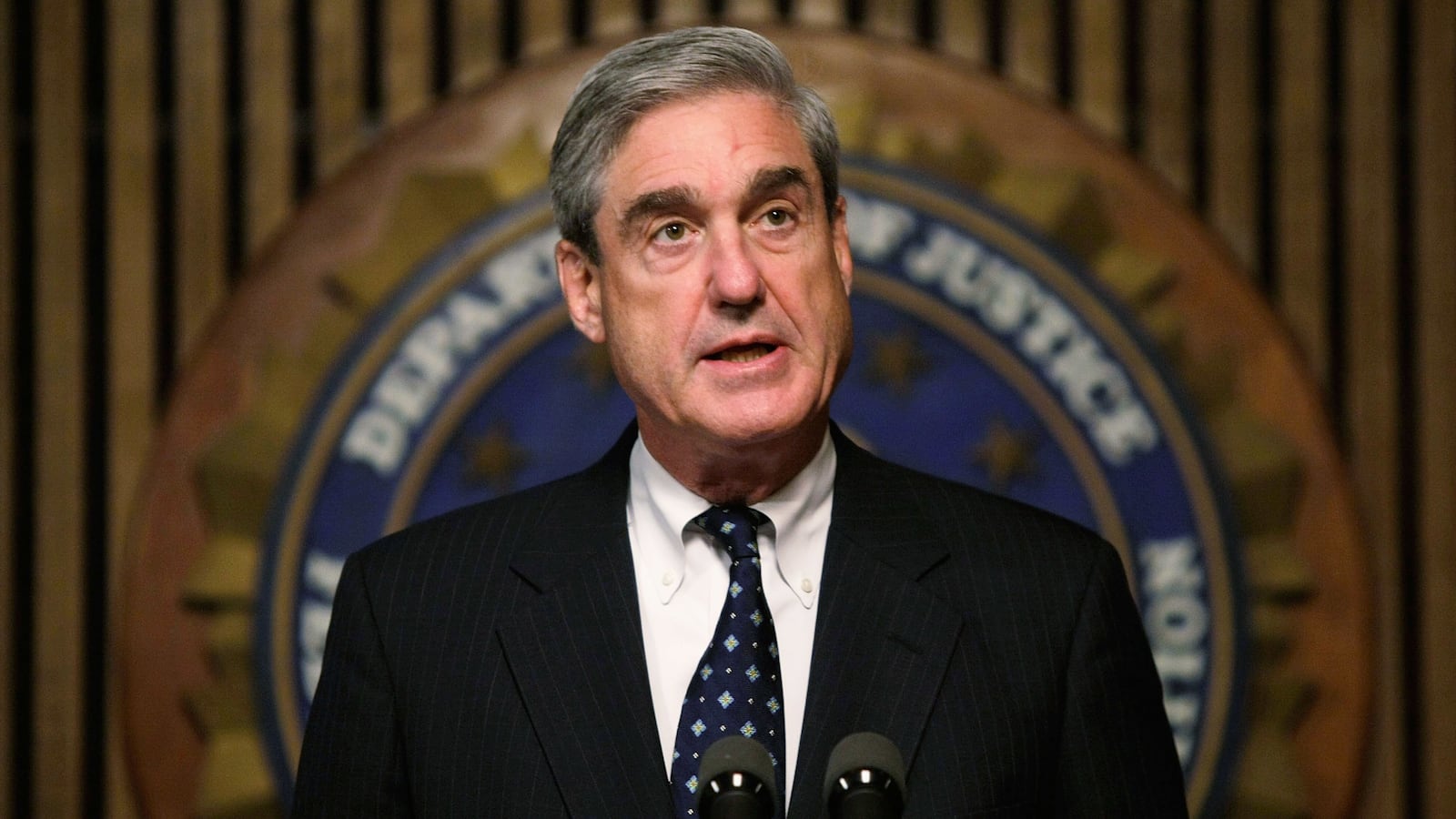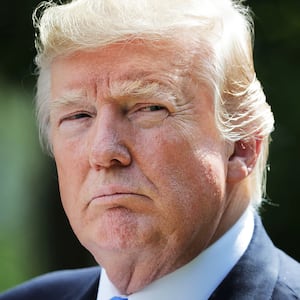Special Counsel Robert Mueller has agreed to testify before Congress on July 17 on his investigation into Russian interference in the 2016 presidential election, the House Judiciary Committee and House Intelligence Committee announced Tuesday night.
In a joint statement, House Judiciary Chairman Jerry Nadler and House Intelligence Chairman Adam Schiff said that Mueller had agreed to testify in an open session.
“Americans have demanded to hear directly from the Special Counsel so they can understand what he and his team examined, uncovered, and determined about Russia’s attack on our democracy, the Trump campaign’s acceptance and use of that help, and President Trump and his associates' obstruction of the investigation into that attack,” they said.
The committees issued subpoenas Tuesday to compel Mueller’s testimony, according to the joint statement. The decision to compel Mueller to testify is a landmark move that will put an end to a months-long saga on Capitol Hill, where lawmakers have for weeks fought to get access to information about whether President Trump obstructed justice.
Part of the congressional efforts, which took place over the last several months, have consisted of suing for documents related to the president and subpoenaing former Trump officials to testify about their time working with the president. But the White House has put forward a strategy of stonewalling Congress at every move, exerting executive privilege and preventing former officials and staffers from testifying.
Mueller’s appearance will mark the first time that anyone from the special counsel’s office has appeared before Congress to testify about the Russia investigation. Throughout the past two years the office has remained steadfast in its silence—only once commenting on a news report. And Congress will be able to question the man at the helm of that investigation about why he and his team said in their report that they could not absolve the president.
Members of both committees are likely to pepper Mueller with questions about what evidence they collected in considering whether President Trump obstructed justice. Lawmakers may also ask why the special counsel’s office decided to allow the president to prepare written answers to interview questions and how Mueller worked with Attorney General Bill Barr in preparing the release of the report. But the former special counsel is not likely to answer questions from Congress about anything outside of the scope of what is written in the report.
Still, Democrats view Mueller’s mere presence in front of Congress, on national television, as a win.
Democratic aides have told The Daily Beast over the last several months that if all else failed, they would at least be able to get Mueller to testify publicly about the report. “That’s all we need,” one aide said earlier this month, adding that the Democrats could win simply by having the former special counsel answer questions in a public setting about the report. “Most Americans haven’t read the Mueller report,” another aide said.
But the negotiations to get Mueller into Congress proved to be more difficult than some lawmakers anticipated. On Tuesday, the committees wrote Mueller a letter, saying they had “consistently communicated” their intention to issue subpoenas, if necessary. “We now understand it is necessary to do so,” the letter said, at the same time acknowledging the former special counsel’s preference of not testifying in front of Congress.
“Nevertheless, the American public deserves to hear directly from you about your investigation and conclusions,” the letter said.
The committee has been working with the Department of Justice on negotiating terms for Mueller’s appearance over the last several weeks. The negotiations have been prolonged in part because of Mueller’s announcement that he would leave the Department of Justice and retire to private life. In his press conference last month in which he announced his resignation, Mueller said he did not wish to appear in front of Congress.
“I hope and expect this to be the only time that I will speak to you in this manner. I am making that decision myself. No one has told me whether I can or should testify or speak further about this matter,” Mueller said in a prepared statement at the time. “There has been discussion about an appearance before Congress. Any testimony from this office would not go beyond our report. It contains our findings and analysis and the reasons for the decisions we made. We chose those words carefully and the work speaks for itself. And the report is my testimony.”
But Mueller’s press conference left lawmakers on Capitol Hill wanting more. In his statement, Mueller also said: “If we had had confidence that the President clearly did not commit a crime, we would have said so.”
That remark set off a firestorm of requests from Democrats on the Hill demanding that the House move to impeachment proceedings, saying Mueller’s non-exoneration of Trump was what they needed to move forward. (Mueller and his team had also written in the report that they could not clear the president of wrongdoing.)
Negotiations about Mueller’s potential appearance initially were conducted between the Judiciary Committee and representatives of DOJ. Several weeks into that process, the committee began working with Mueller directly. The negotiations included extensive conversations about how Mueller would testify, including the possibility of him appearing behind closed doors.







